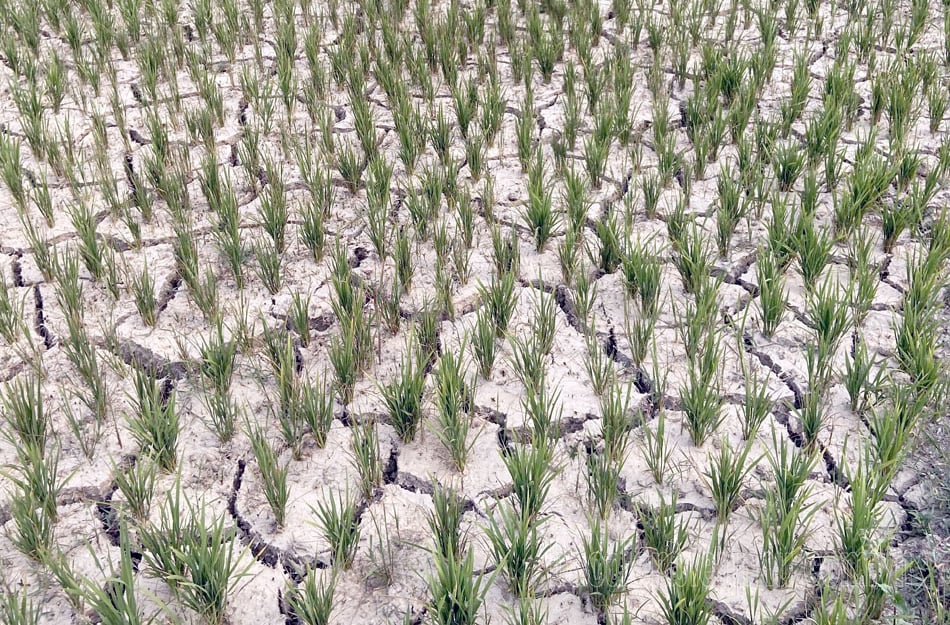
Severe water shortage
Under the scorching sun of the past few days, many rice fields, especially those on irrigation canals or reclaimed by people, have fallen into a state of severe water shortage. In some fields, the prolonged heat has made the fields dry, the surface cracked, causing the rice plants to grow slowly, some have turned yellow and died, and people have even had to cut the rice to feed the buffalo and cows.
This winter-spring crop, the whole Tua Chua district planted 590 hectares of rice. However, since the beginning of the year, the weather has been erratic, with prolonged drought and no rain, drying up surface water sources in ponds, lakes, and streams that provide irrigation water for production. Through inspection, about 100 hectares (16% of the area) of rice in the district are lacking water. The rice area lacking water is mainly in high fields, scattered in communes and towns; of which about 12 hectares in the communes of Muong Bang, Xa Nhe and Tua Chua town are suffering from severe drought that is difficult to overcome.
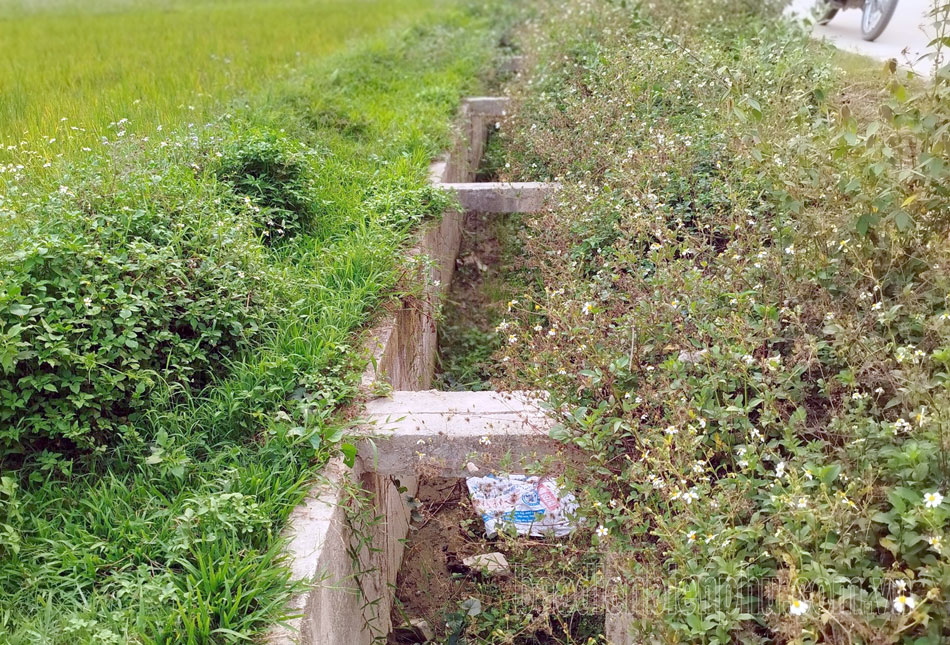
In Dien Bien district, the water shortage is more serious, especially for rice fields on irrigation canals. According to the district's Department of Agriculture and Rural Development, as of April 11, the entire district had nearly 207 hectares of rice lacking water (including nearly 146 hectares of rice in the plan and 48 hectares outside the plan due to land reclamation by local people). The prolonged heat has caused nearly 137 hectares/207 hectares of rice to be severely damaged and cannot be repaired. The rice fields lacking water are mainly in the communes of Thanh Yen (43 hectares), Noong Luong (39 hectares), Thanh Hung (8.5 hectares), Pom Lot (7 hectares), Thanh Nua (23 hectares), Muong Pon (18 hectares), Thanh Chan (27 hectares), Nua Ngam (9.2 hectares) ...
Mr. Quang Van On, Bo village, Thanh Hung commune said: This winter-spring crop, my family planted more than 3,000m2 of rice. However, there has never been a year with such a long heat wave and water shortage as this year. Some highland fields are severely lacking in water, the rice plants cannot grow, grass grows better than rice, some areas of rice have dried red leaves and died, unable to grow, people cut them down to feed buffaloes and cows.
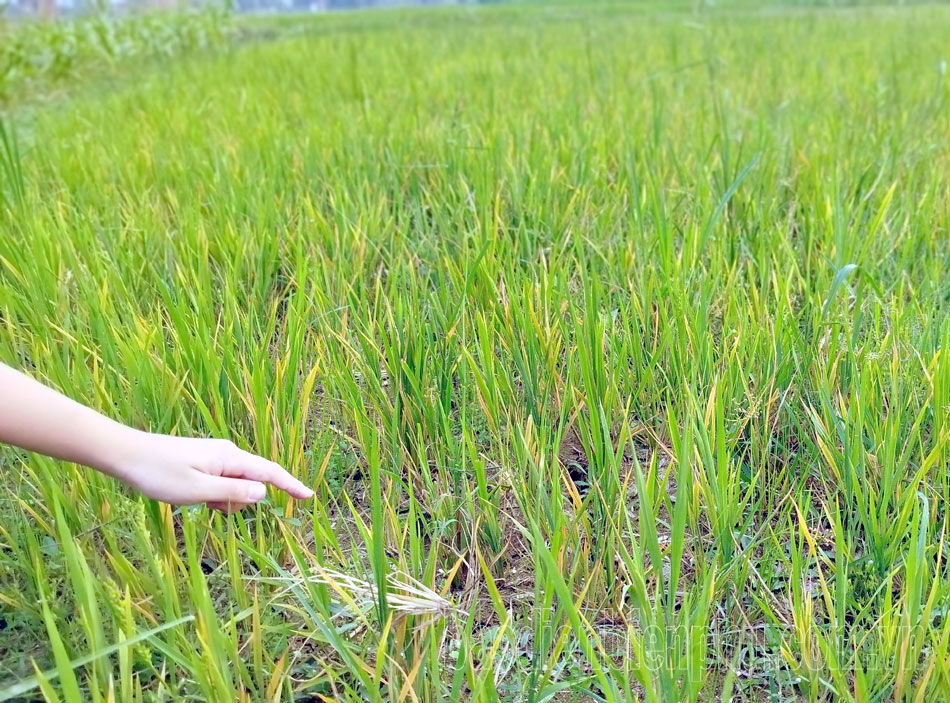
Not only Tua Chua or Dien Bien districts, the drought on rice is currently occurring in most localities in the province. According to preliminary statistics from the authorities, there are currently thousands of hectares of rice in the province that are lacking water; of which 363 hectares of rice are damaged by drought, such as: Muong Nhe nearly 20 hectares, Muong Ang nearly 20 hectares, Nam Po nearly 12 hectares, Muong Lay town 25 hectares... Especially, for rice areas on canals, or rice areas planted outside the plan, the water shortage is more serious, many areas cannot be overcome.
According to the forecast of the authorities, the average temperature from March to May in Dien Bien province will be 2 - 3 degrees Celsius higher; at the same time, the rainfall will be generally 5 - 15mm lower than the same period last year. Therefore, with the lack of rain and the possibility of increased heat, the risk of prolonged drought and water shortage for rice plants is very high.
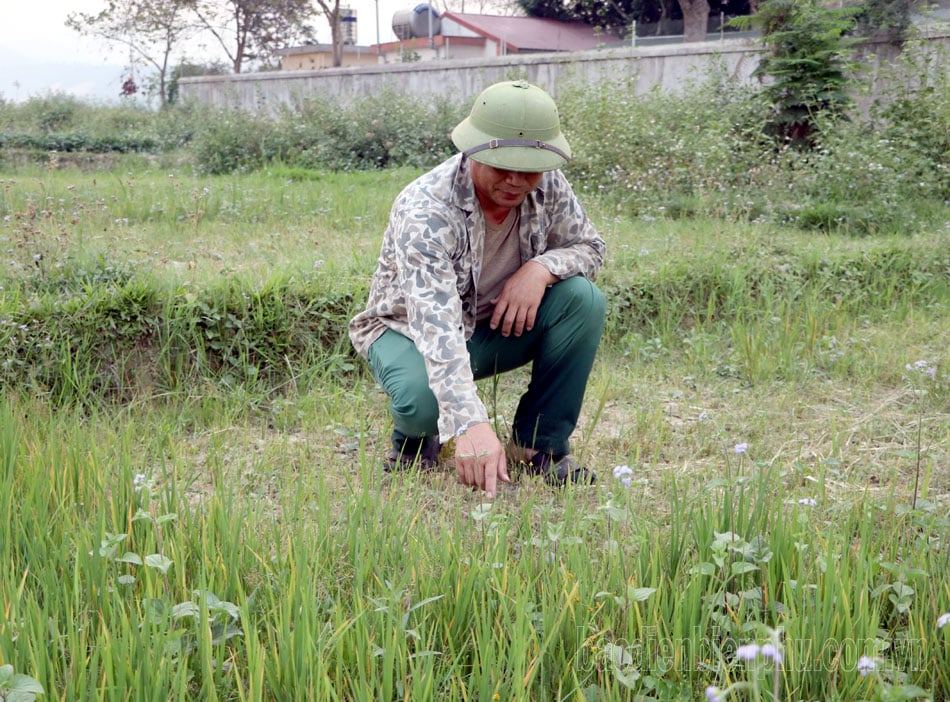
Productivity impact
This winter-spring crop, the province has planted 9,820 hectares. Currently, early and main-season rice crops are in the stage of heading and flowering. This is an important stage that determines yield and is also the stage when rice plants need the most water. However, with the weather continuing to be hot and dry for a long time, the risk of local impacts on rice yield is very high.
Ms. Lo Thi Um, Hong Lech Cuong village, Thanh Hung commune said: This year, my family planted more than 3,000m2 of rice. The hot weather lasted for a long time, and the water supply to the fields was insufficient, so the rice plants grew slowly, the leaves withered, turned yellow, and were affected by pests. Many plants did not flower, and those that did flower had mostly empty grains. If the hot weather continues, the risk of crop failure is very high.
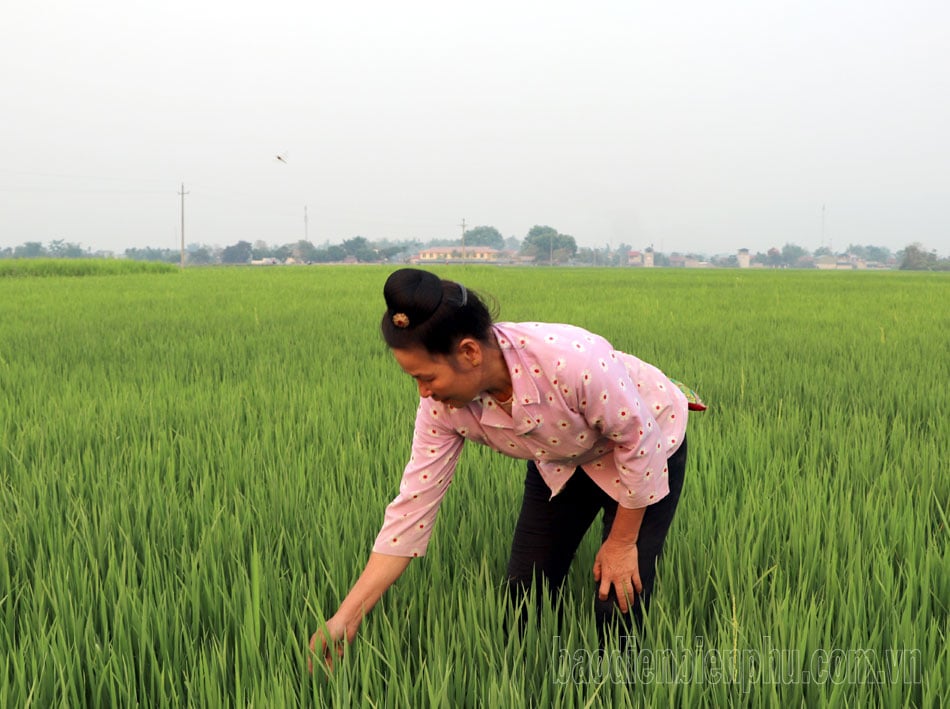
Mr. Chu Van Bach, Head of the Department of Agriculture and Rural Development of Dien Bien district, shared that this year the weather has been complicated, with prolonged hot weather and no rain, which has greatly affected the growth and development of rice plants. Through inspection of the fields, it was found that the rice plants are growing slowly, with some rice fields only about 30cm tall and already flowering. Currently, the rice fields under the canals are still proactively ensuring water sources, but the rice fields above the canals that depend on rainwater will be greatly affected in terms of productivity.
In order to overcome the drought, Tua Chua district directed communes to propagate and guide households to share irrigation water reasonably, use water economically by rotating irrigation discharges on a daily basis for rice fields sharing canals or water pipes. At the same time, the district requested the Irrigation Management Company to have solutions to regulate water, strengthen the water pipeline system to the fields of the town and Muong Bang commune to minimize damage to the people. Directed the People's Committees of communes and towns to proactively use funds from the local budget to implement drought prevention solutions such as supporting pumps to pump irrigation water from rivers and streams. However, the current difficulty is that the water in rivers and streams is almost depleted; the water level of Tong Lenh Lake has dropped to 40% compared to the same period last year.
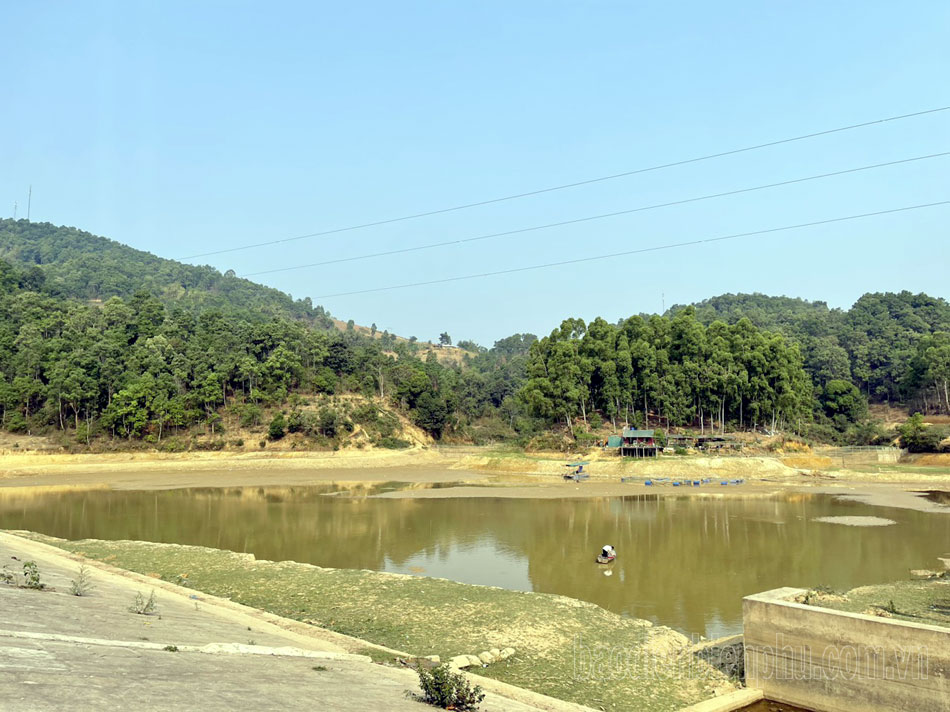
To ensure irrigation water for rice, the Department of Agriculture and Rural Development recommends that localities proactively inspect, review, and evaluate irrigation water sources from irrigation works and other water sources. On that basis, guide people to have reasonable water regulation solutions, prioritize irrigation water for winter-spring rice, spring-summer crops, fruit trees; use irrigation water economically; promptly prevent acts of sabotage against irrigation systems and irrigation works serving production. For areas that cannot ensure water, it is necessary to promptly guide people to switch to other crops, ensuring the planting season.
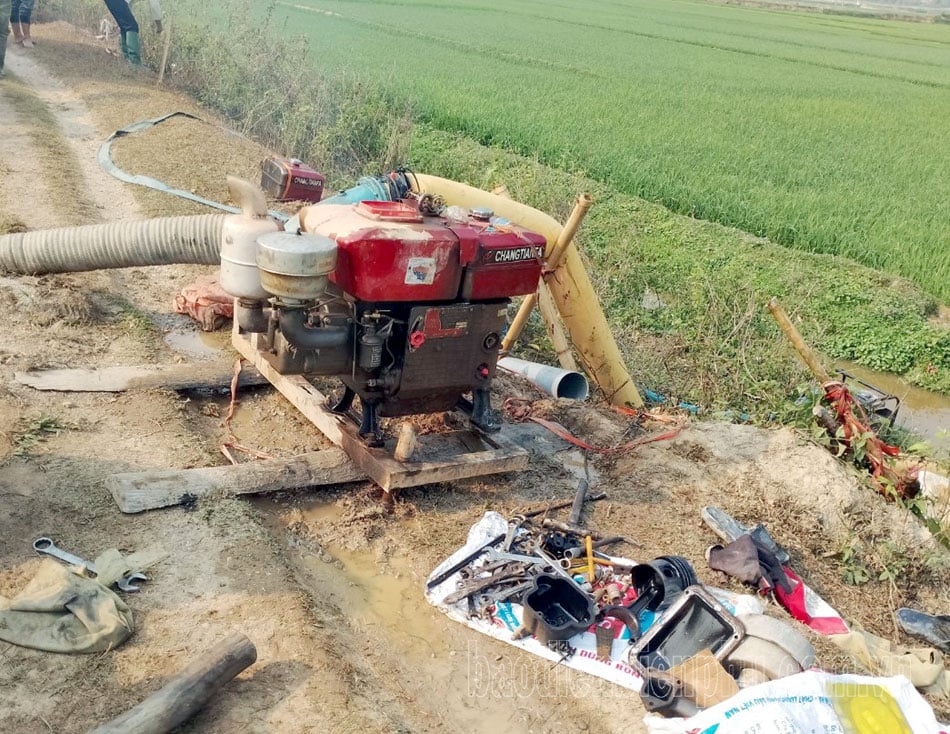
For irrigation companies, proactively store water early, closely coordinate with local authorities to develop a reasonable water regulation plan to prevent loss and waste and ensure water sources for production until the end of the crop. Strengthen solutions to ensure adequate irrigation water supply for production in the 2024 Winter-Spring crop, especially in the communes at the end of the Nam Rom irrigation canal, locations where water shortages often occur in the district. Organize the clearing and dredging of canals, inspect and review damaged construction sites managed by the unit; proactively arrange funding for repairs.
Source




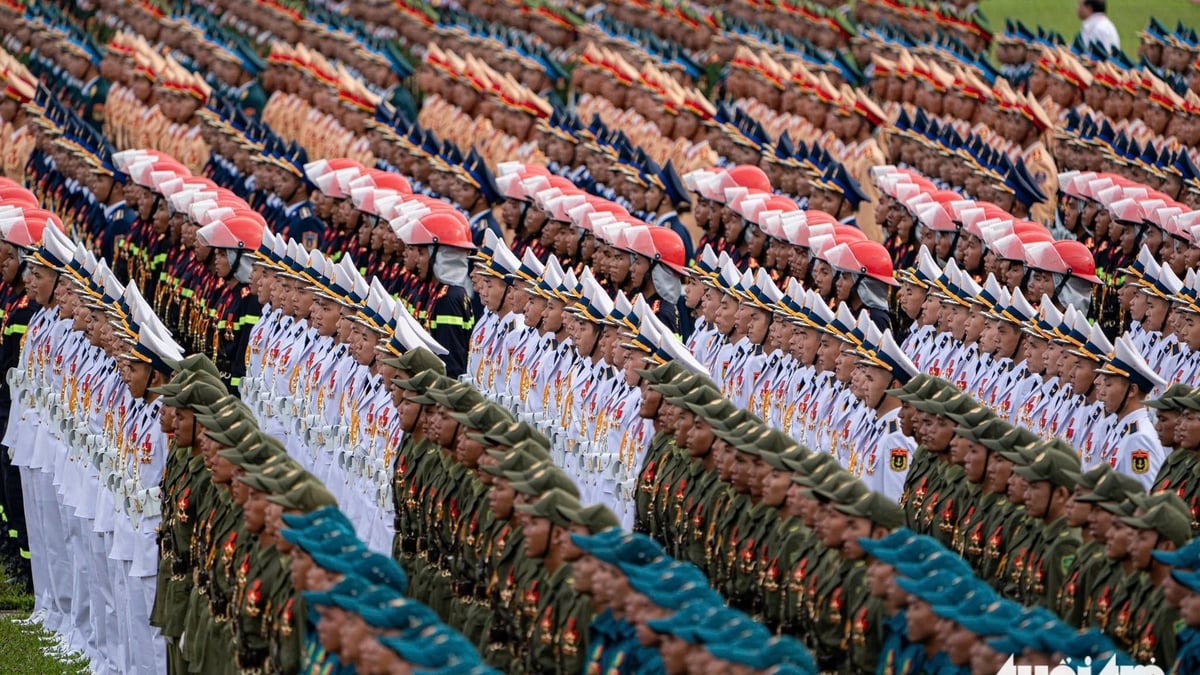

![[Photo] People eagerly lined up to receive special publications of Nhan Dan Newspaper](https://vphoto.vietnam.vn/thumb/1200x675/vietnam/resource/IMAGE/2025/8/30/53437c4c70834dacab351b96e943ec5c)
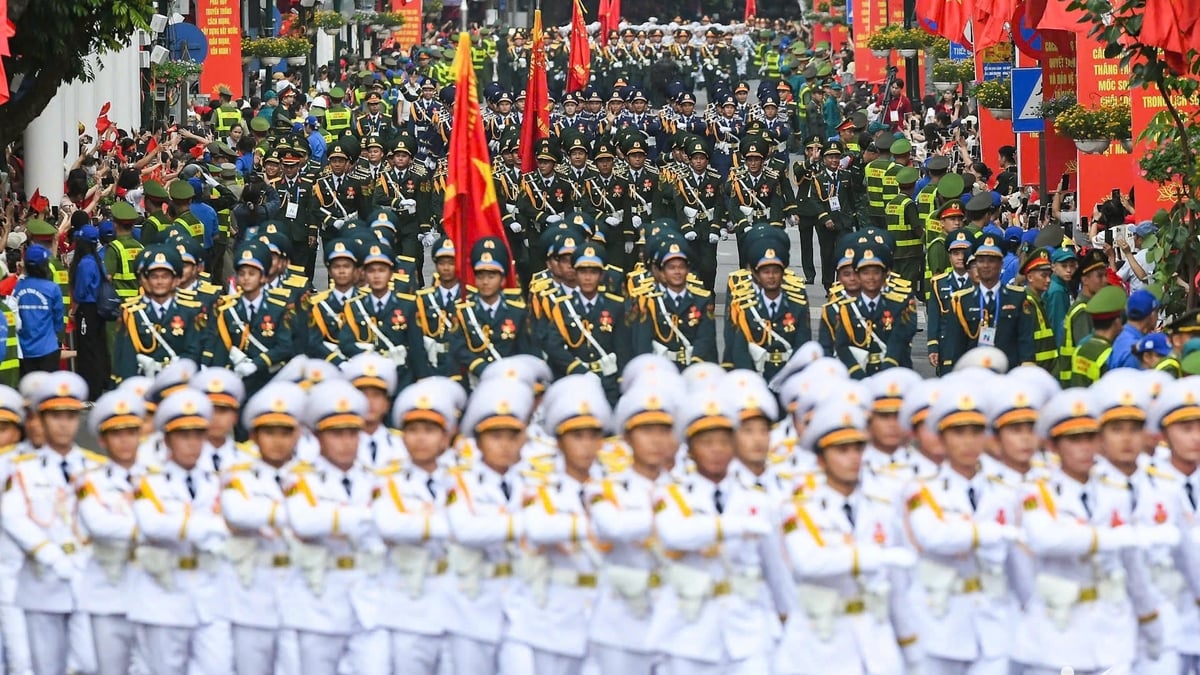

















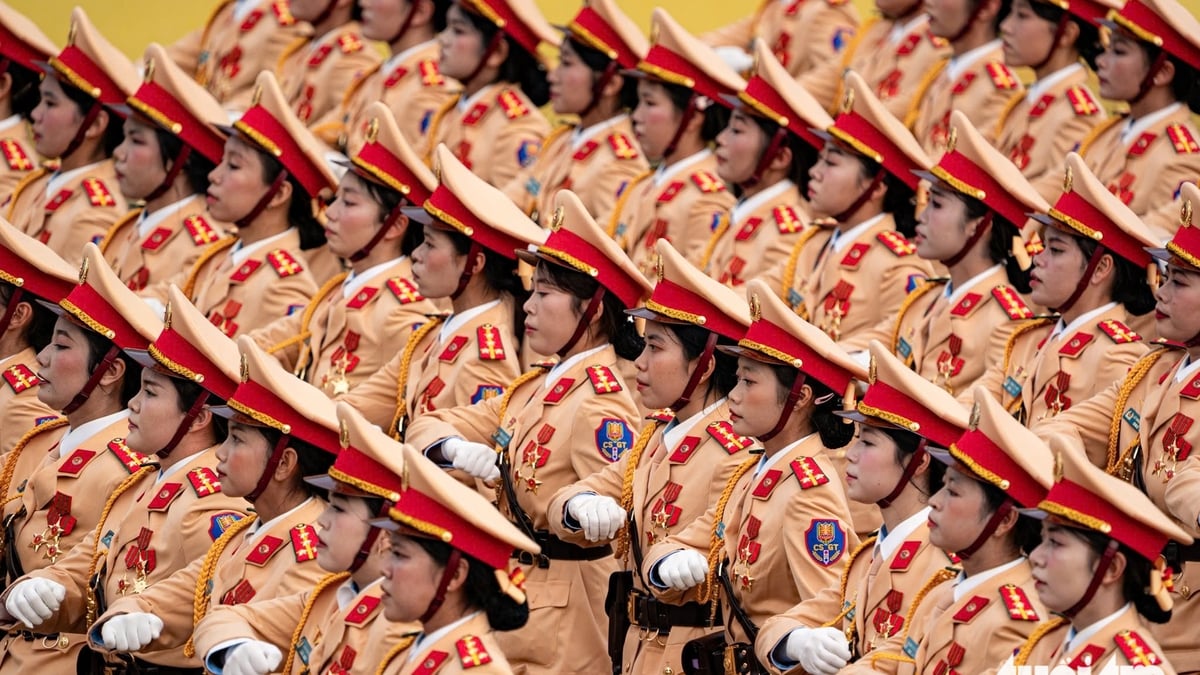
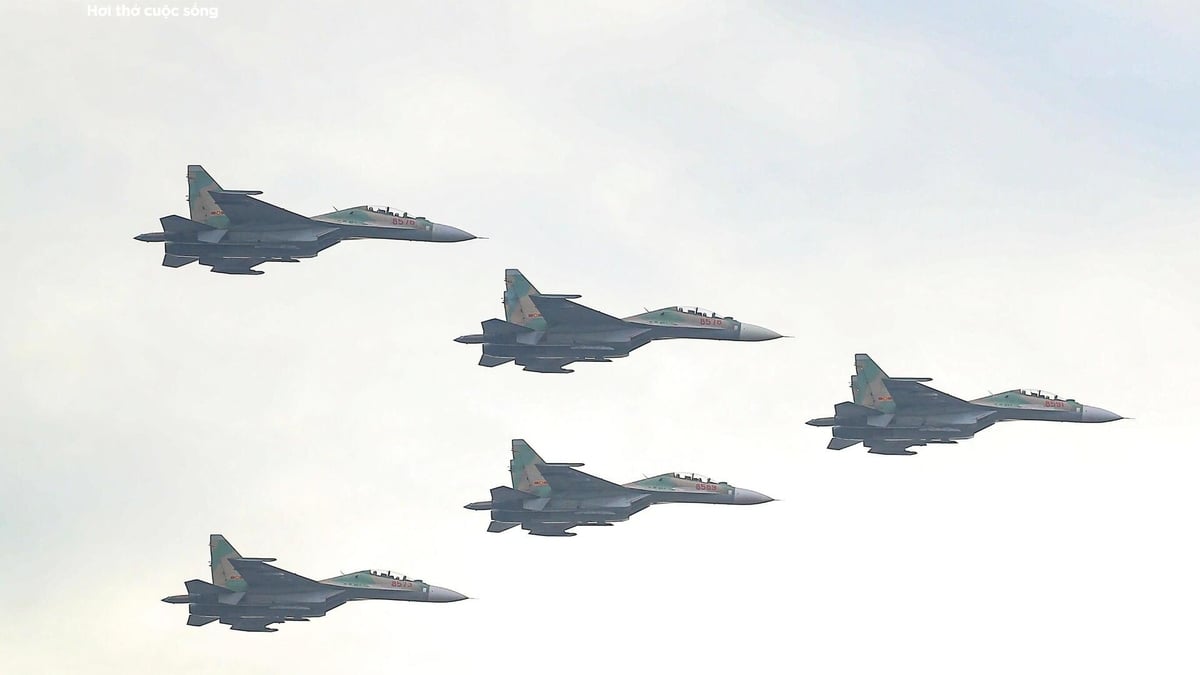

















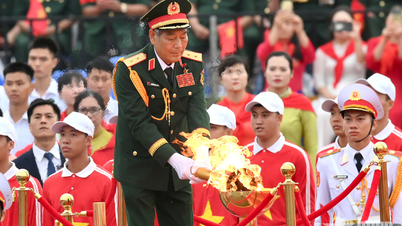














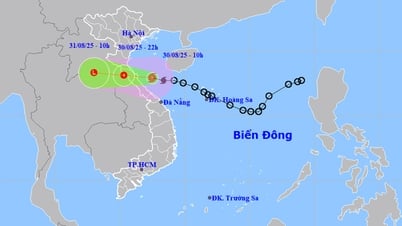

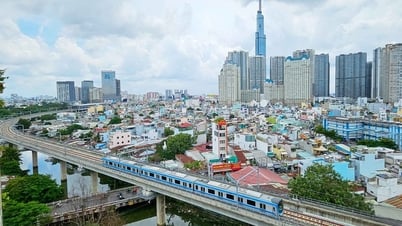

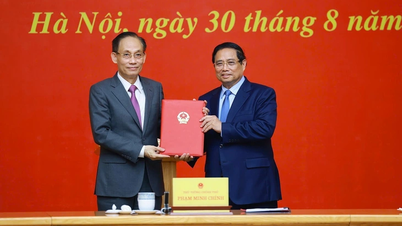



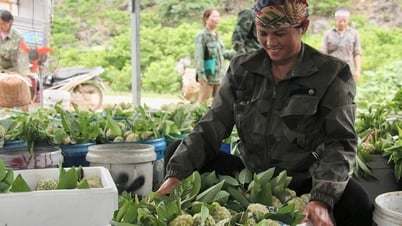


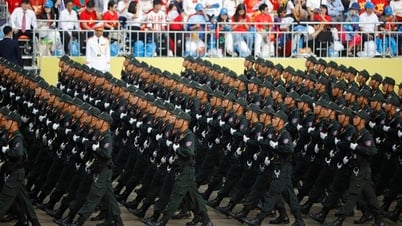
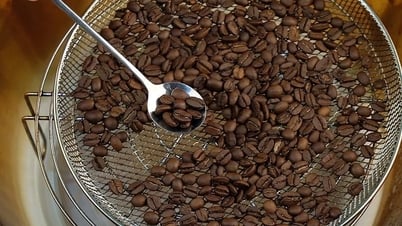






















Comment (0)